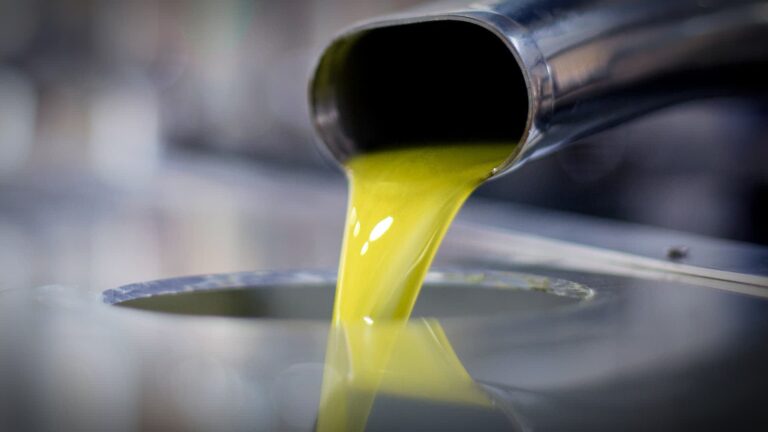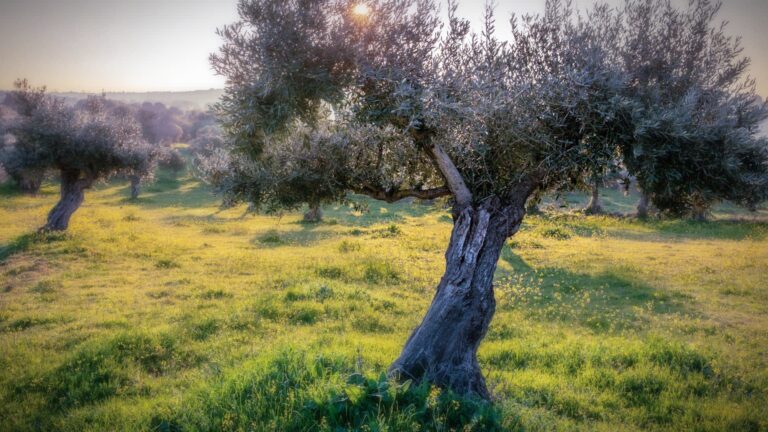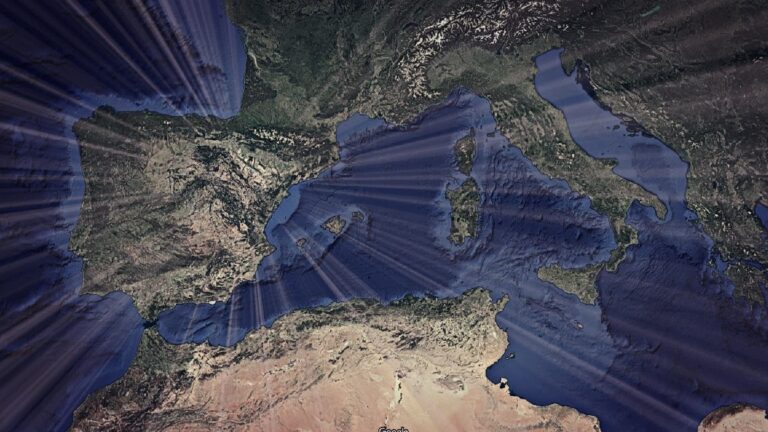How Declining Solar Activity Could Impact Mediterranean Olive Cultivation
The article discusses the threats facing olive cultivation due to climate change, including declining precipitation and solar activity, which challenges the long-term sustainability and productivity of olive farming in the Mediterranean. The study highlights the importance of adaptation strategies, such as genetic improvement and ecological practices, to mitigate the impact of climate change on olive…






